MISWANTING: Do the stories you read lead you astray?

We believe in fairy tales. We really do. We grow up with stories, role models, and peers who reinforce the message that riches, beauty, fame, possessions, and power will make us happy. And we accept that. We turn over our lives to mastering the acquisition of at least some of these things, and this striving to make real this illusion fuels the inequalities of the global economic system and our overuse of Earth’s resources, which is bringing us to the edge of climate collapse.
When we do get the money, the possessions, or the power, most often they do not make us any happier than we were before. That is what the research tells us. I learned this through a free, online course taken by over 4 million people taught by Dr. Laurie Santos of Yale called The Science of Well-being.

One of the things I love about this course is the use of the term miswanting: the act of being mistaken about what and how much you will like something in the future. This word is such an accurate way to describe what has gone wrong. Santos says we are predisposed to miswant because of the tricks our mind plays such as comparing ourselves to others—what they have—and mistakenly inflating how happy they feel because of it. Striving to get some of their supposed happiness, we reach for more money or what Santos calls awesome stuff, but we find ourselves no happier than before unless we are at poverty levels where a bit more money can indeed relieve economic distress.
This predilection to miswant is reinforced by our economic system that is fixated on unlimited growth. Through advertising, this system encourages us to buy more, possess more. And our cultural stories add to the miswanting. As we identify with characters in a book, film, or television series, we are influenced by their lifestyles and goals. Do they drive flashy cars or live in huge houses with lots of fancy gadgets? Are they wearing glamorous fashion or jetting off to exotic destinations?
When story characters deliver the message that awesome stuff makes them happy and impresses others, we are predisposed to swallow that whole.
I am not totally immune to the messages of miswanting that plague our world, but I did get a healthy dose of skepticism embedded in my brain from my father. There was never much point spending tons to buy him a Christmas gift. Unless it was a power tool that he could really use, presents would go into the closet sometimes still wrapped. He grew up in poverty in the Depression and, as a boy, had to hawk newspapers on the corner after school to buy food to eat. Instead of making him crave more money and possessions, he learned from his experience that there was more to life than stuff. And through very hard lessons that he taught me about money, he passed that perception on to me.
My mother, on the other hand, brought the opposite lesson. I learned from her directly that stuff doesn’t make you happy. She longed for nice things, but when she got something she really desired, it didn’t change her one bit. Instead, she found other things she could fantasize about, hoping it would deliver the happiness that escaped her. She was a very good subject for my curious young mind to observe, modeling for me what author Sonja Lyubomirsky calls the myths of happiness.
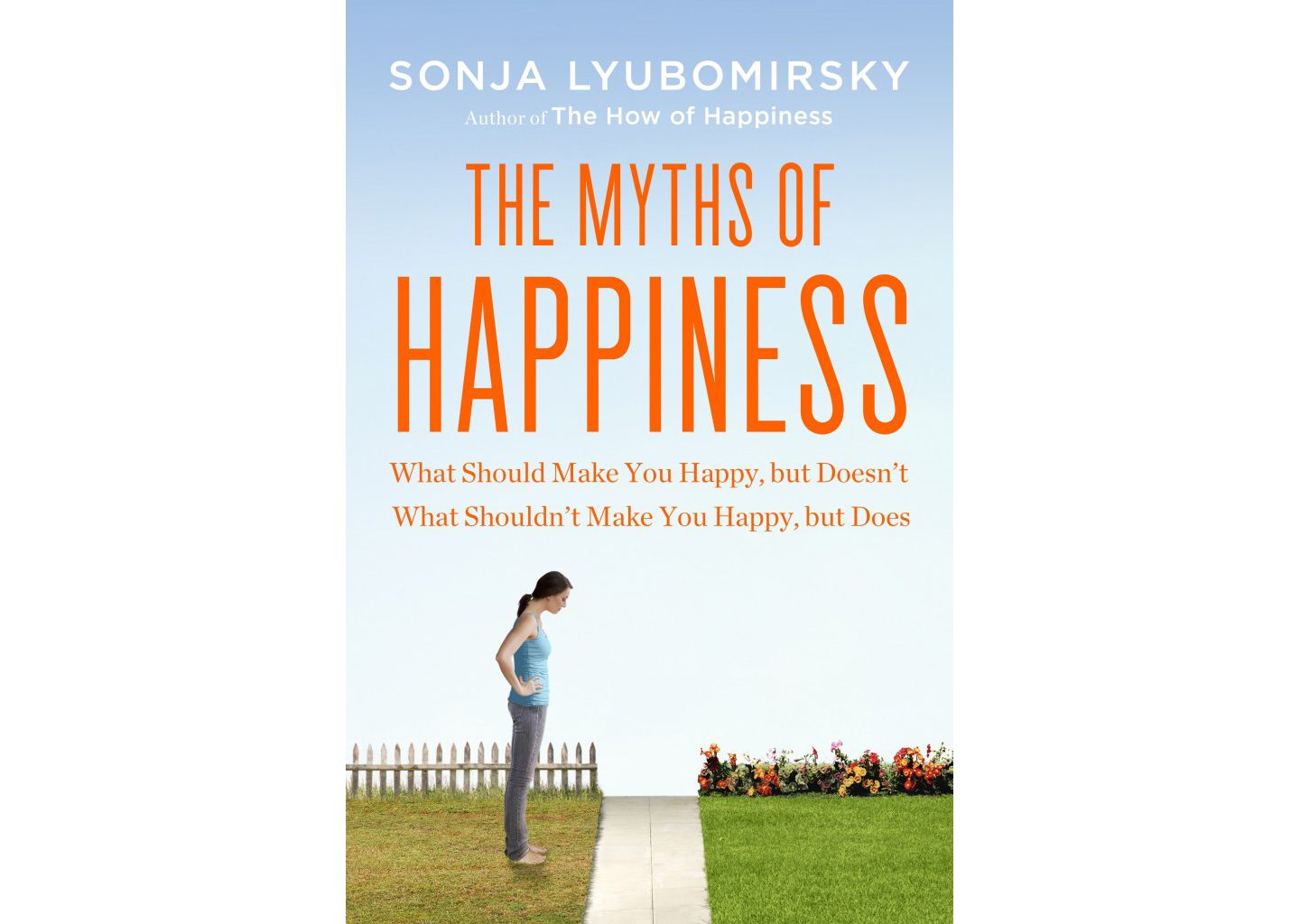
For the sake of our climate, we need to examine our own miswantings, but another point to make as we prepare ourselves to cope with the potential for dire climate circumstances is to conquer another myth that Lyubomirsky describes as “I can’t be happy when ________ (fill in the blank).” In her book The Myths of Happiness, she explains that during negative events in our lives this belief about happiness holds us back from reaching for better outcomes. She says:
Many consequential turning points can be viewed as crossroads from which we can pursue two or more paths. How we react to these moments—which may seem at the time like “points of no return”—will in part determine how their outcomes will unfold. If we understand how the myths of happiness drive our responses, we are more likely to respond wisely.
There are tools out there to prepare us for adversity and help us shape a more meaningful life focused on well-being. Lyubomirsky’s book provides some. Read The Myths of Happiness and/or check out Dr. Laurie Santos’ course. There is a new version of her course for teens as well. And if you love podcasts, check out The Happiness Lab.
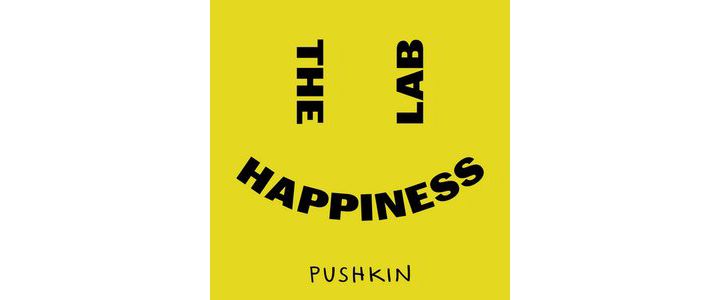
Readers may be unconscious to the messages they are bombarded with that shape their life choices, especially in the stories they consume. It is time to take a look at these stories, especially in climate fiction, to see if they enhance our desire for things we don’t need. New climate fiction should embrace the tools shared by Lyubomirsky and Santos, applying them to their protagonist’s search for a more meaningful life (because isn’t that what a story is about?) and weaving them into the plot.
By modeling these ideas and tools in our stories, we can help to change what the people of this Earth want. That can shape a climate future that gives us a much happier, healthier, and more equitable life.
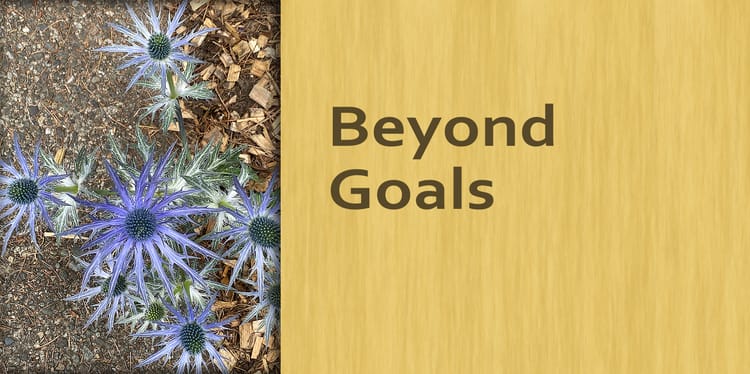
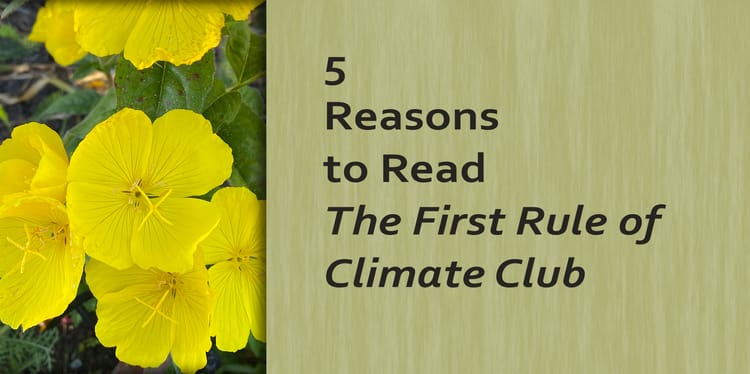
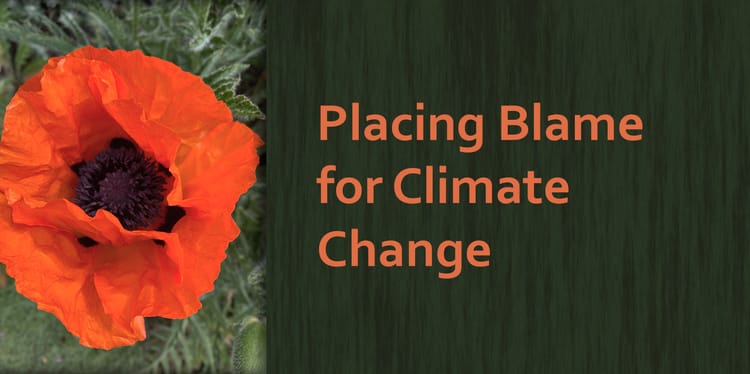
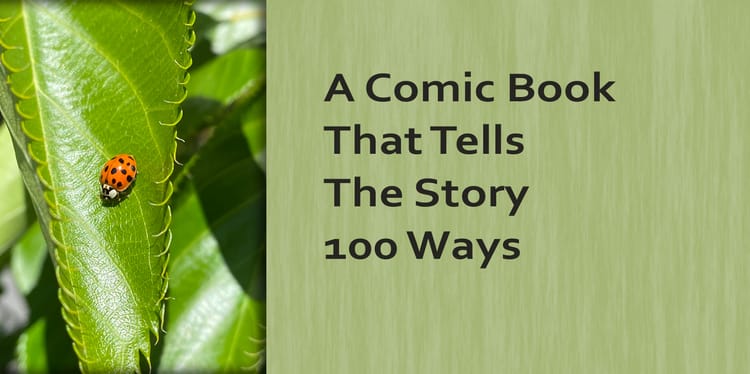

Member discussion